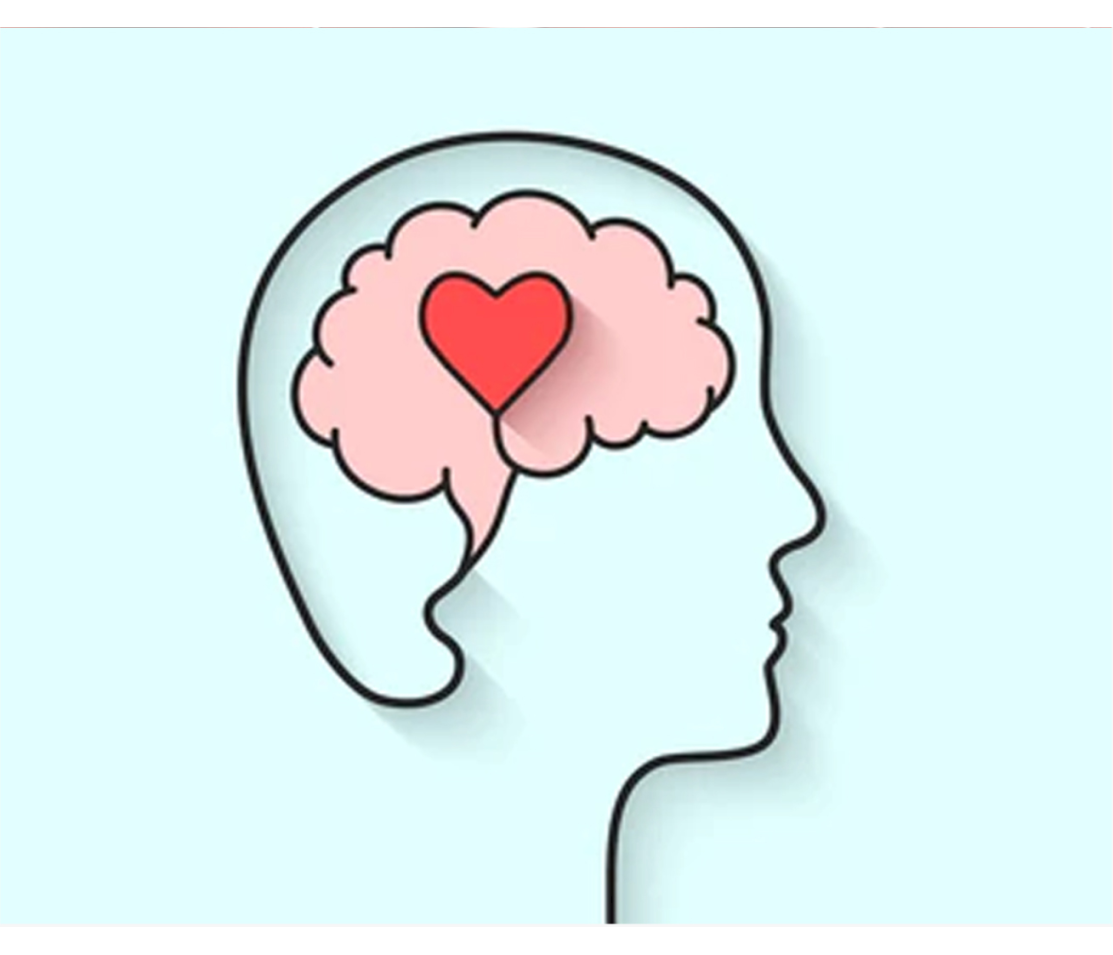Mind-Body Connection: The Influence of Mental Health on Circulation
Explore the physiological responses to stress and the profound impact of mindfulness practices on promoting circulatory harmony. From the influence of positive emotions to the challenges posed by depression and anxiety, uncover the nuanced interplay between emotional states and cardiovascular resilience. This article invites readers to delve into the therapeutic potential of resilience-building, biofeedback, and the emerging understanding of the gut-brain axis in fostering a holistic approach to circulatory health.
Introduction: In the intricate dance of health, the connection between the mind and body emerges as a powerful force influencing various physiological processes. This article delves into the profound interplay between mental health and circulatory well-being, exploring how emotions, stress, and mental states can significantly impact blood circulation. From the physiological responses to stress to the therapeutic role of mindfulness, we unravel the intricate relationship between our mental landscape and the vitality of our circulatory system.
The Stress Response and Its Impact on Circulation: Stress, a ubiquitous companion in modern life, triggers a complex physiological response known as the "fight or flight" reaction. In this state, the body releases stress hormones like cortisol and adrenaline, which, in turn, can lead to increased heart rate, elevated blood pressure, and narrowed blood vessels. Chronic stress, if left unmanaged, contributes to sustained high blood pressure, inflammation, and an increased risk of cardiovascular diseases. Understanding the stress response is fundamental to recognizing its potential impact on circulatory health.
Mindfulness and Stress Reduction: Mindfulness practices, rooted in ancient traditions, offer a powerful antidote to the detrimental effects of stress on circulation. Techniques such as meditation, deep breathing exercises, and mindfulness-based stress reduction (MBSR) have been shown to elicit a relaxation response. This response counteracts the stress-induced changes in the cardiovascular system, promoting vasodilation, reducing inflammation, and fostering an overall sense of calm. Incorporating mindfulness into daily life becomes a proactive strategy for maintaining circulatory harmony.
Emotional Well-being and Cardiovascular Resilience: Beyond stress, the broader spectrum of emotional well-being plays a pivotal role in cardiovascular resilience. Positive emotions, such as joy, gratitude, and love, have been linked to improved heart health. These emotions contribute to the dilation of blood vessels, enhanced heart rate variability, and a more favorable circulatory profile. Cultivating emotional well-being through social connections, hobbies, and activities that bring joy becomes a holistic approach to nurturing circulatory health.
Depression and Anxiety: Impact on Circulatory Health: Conversely, mental health conditions like depression and anxiety can cast a shadow over circulatory well-being. Depression, characterized by persistent feelings of sadness and hopelessness, has been associated with an increased risk of heart disease. Anxiety, marked by excessive worry and a heightened stress response, can contribute to elevated blood pressure and heart rate. Recognizing and addressing these mental health conditions is integral to preserving circulatory health.
The Role of Resilience and Coping Mechanisms: Building resilience, the ability to bounce back from challenges, is a protective factor for circulatory health. Individuals with high levels of resilience exhibit better cardiovascular outcomes in the face of stress. Developing healthy coping mechanisms, such as problem-solving skills, social support, and a positive mindset, enhances resilience and contributes to a more robust circulatory system.
Biofeedback and Psychophysiological Interventions: Biofeedback, a therapeutic technique, allows individuals to gain awareness and control over physiological functions influenced by the mind, such as heart rate and blood pressure. Psychophysiological interventions harness these principles to teach individuals to self-regulate and influence their circulatory responses. These approaches, often used in conjunction with traditional therapies, empower individuals to actively participate in managing their circulatory health.
Mind-Body Practices in Cardiovascular Rehabilitation: In the realm of cardiovascular rehabilitation, mind-body practices are gaining recognition for their role in enhancing recovery. Integrative approaches that combine physical exercise with mindfulness and stress reduction techniques have shown positive outcomes in improving overall cardiovascular health. These practices not only address the physical aspects of rehabilitation but also contribute to the mental and emotional well-being of individuals recovering from cardiovascular events.
The Gut-Brain Axis and Circulatory Health: Recent research has unveiled the intricate relationship between the gut and the brain, known as the gut-brain axis. The gut microbiota, composed of trillions of microorganisms residing in the digestive tract, communicates with the brain and influences mental health. An imbalance in gut microbiota, known as dysbiosis, has been linked to inflammation and may impact circulatory health. Exploring the gut-brain axis opens new avenues for understanding and promoting comprehensive circulatory well-being.
Conclusion: As we navigate the complex terrain of health, the influence of mental well-being on circulatory health emerges as a pivotal consideration. From the stress response and the therapeutic power of mindfulness to the profound impact of emotions and the resilience-building capacity of coping mechanisms, this article celebrates the interconnected dance of mind and body. Recognizing and addressing mental health as an integral component of circulatory well-being invites us to embrace a holistic approach—one that nurtures not only our physical hearts but also the emotional landscapes that contribute to a life marked by vitality and cardiovascular resilience.



Comments
Leave your comment